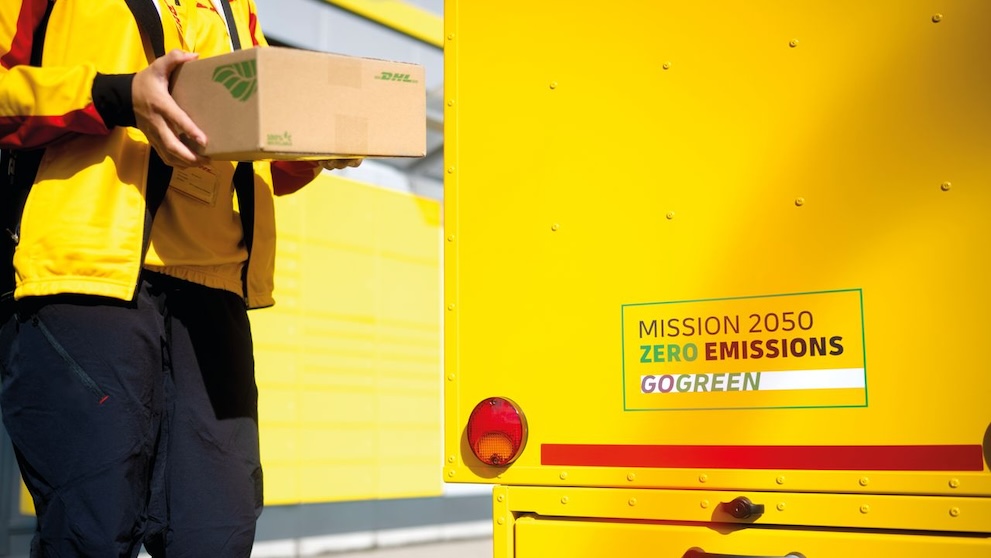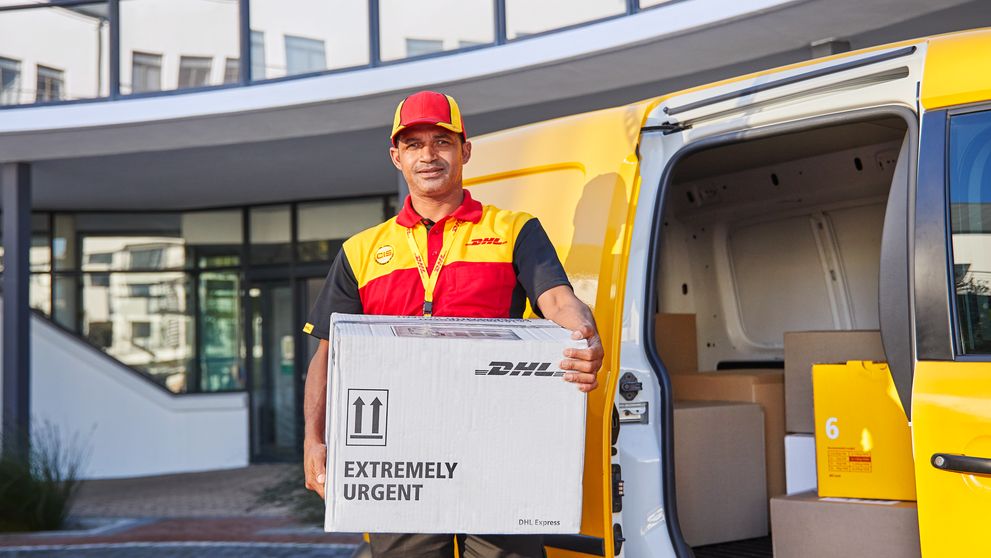Embracing the ISO environmental management system, particularly the ISO 14001 standard, DHL’s GoGreen initiative is pioneering a shift in the logistics landscape of Sri Lanka. This transformative shift towards green logistics is essential in a nation where verdant ecosystems play a significant role in the economy and cultural identity. DHL’s logistics services provide Sri Lankan businesses, especially those in forestry and eco-tourism, with sustainable alternatives that contribute to sustainable development. By adopting these practices, companies can boast a reduced carbon footprint and carbon-neutral certifications, enhancing their global appeal to environmentally-conscious consumers and stakeholders.
1. Documented accountability: Transparent emissions reporting
The growing global emphasis on sustainability has positioned environmental responsibility as a critical factor in the decision-making processes of consumers, investors, and international partners. In this context, Sri Lankan businesses find themselves at a crossroads where demonstrating their commitment to eco-friendly practices is not just beneficial but essential for maintaining competitiveness and market presence. This shift towards transparency and documented accountability in environmental impact is where DHL’s GoGreen initiative shines, particularly through its transparent emissions reporting.
DHL’s approach to emissions reporting is meticulously designed to meet and exceed the standards set by ISO 14001, an internationally recognised specification for an environmental management system (EMS). This specification requires organisations to systematically manage their environmental impacts, including the measurement and reporting of greenhouse gas emissions. By aligning with these requirements, DHL not only ensures that businesses can provide verified documentation of their emissions but also facilitates a deeper understanding and management of their environmental footprint.
This documented accountability is more than just a regulatory compliance or a badge of honour; it’s a strategic tool for Sri Lankan companies. It enables them to validate their green transportation claims with tangible, verified data, enhancing their credibility in the eyes of international partners, discerning consumers, and eco-conscious investors. In markets where environmental sustainability is increasingly becoming a deciding factor, having such verified documentation can differentiate a business from its competitors, opening doors to new opportunities and solidifying existing relationships.
2. Understanding your footprint: GoGreen’s carbon transparency tools
Understanding your carbon footprint, the total amount of greenhouse gases produced to directly and indirectly support human activities, is the first step towards making meaningful changes in reducing environmental impact. It’s a measure often expressed in equivalent tons of carbon dioxide (CO2e). The acceptable benchmark for carbon footprints varies by industry, region, and the size of the company. However, the universal goal is to align with global targets such as those set by the Paris Agreement, aiming to limit global warming to well below 2, preferably to 1.5 degrees Celsius, compared to pre-industrial levels. This often means substantial reductions in CO2e emissions, with many organisations striving to become carbon neutral through a combination of reducing emissions and offsetting the remainder.
Carbon transparency tools like the DHL Carbon Calculator, for example, enable businesses to measure the carbon footprint of their logistics operations with an unprecedented level of granularity. This is especially beneficial for those engaged in international shipping or companies that want to integrate sustainable shipping into their operations. By inputting data related to shipment size, weight, transportation mode, and route, companies can see the estimated emissions of their shipping activities. This level of insight is instrumental in making logistics decisions that align with sustainable business practices.
By leveraging these carbon transparency tools, businesses in Sri Lanka are not only able to measure and understand their current carbon footprint but also explore and implement strategies that lead to a reduced carbon footprint. This proactive approach to managing emissions contributes to the broader goal of sustainable development, with companies able to demonstrate their commitment to environmental responsibility through sustainable logistics and supply chain management.
Furthermore, these green logistical decisions also position them as leaders in sustainability in the logistics industry. By adopting sustainable logistics practices and striving towards becoming green logistics champions, companies can inspire change within their industries and contribute to a global movement towards more eco-friendly logistics.




